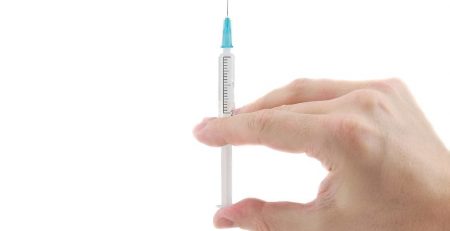The Growing Popularity of Genetic Testing
Genetic testing is nothing new to the scientific community, but according to an article published the MIT Technology Review earlier this year, “the number of people who purchased and completed a genetic testing kit more than doubled this past year, closing out at nearly 12 million people.” (Genetic Direction)
Ancestry.com, 23andMe, My Heritage, FamilyTreeDNA. These are just some of the big players in the consumer genetic testing industry. While consumer genetic tests were available as early as 1996, according to the CDC, it would take decades for them to gain widespread popularity.
“The inflection point started in the summer of 2016, and from there it’s gone into the stratosphere,” David Mittleman, consumer genetics entrepreneur and cofounder of DNAGeeks, said.
The cause? Some hypothesize it’s because of a growing obsession with genealogy. According to a Time article by Gregory Rodriguez, genealogy grew to be the second most visited category of websites on the Internet, beginning in 2014. Rodriguez claims this stemmed from an ironic trend where Americans “ – particularly those who were several generations removed from the immigrant experience – were trying to find personal meaning in their ancestry long after their heritage ceased to play a meaningful role in their lives.” Others, such as Madison Mayfield, believe that it’s merely increased advertising by the industry’s largest players, particularly Ancestry.com and 23andMe, that have caused interest to spike.
Regardless of the reason for the spike, this trend has multiple interesting implications. There are a number of questions surround whether or not personal genomic testing actually improves health, how valid the test results are, whether or not this information should be included in public health databases. This last concern is one that continues to grow as consumer genetic testing continues to grow in popularity. While testing companies have acknowledged that DNA data is occasionally shared or sold to third parties for research, partnerships like those between GlaxoSmithKline and 23andMe have some, like former FDA commissioner Peter Pitts, increasingly concerned about privacy.
“The industry’s rapid growth rests on a dangerous delusion that genetic data is kept private,” Pitts wrote in Forbes. “Most people assume this sensitive information simply sits in a secure database, protected from hacks and misuse. Far from it. Genetic-testing companies cannot guarantee privacy. And many are actively selling user data to outside parties.”
But there are still certainly some benefits of this genetic testing boom. Consumers can now find out information about their health and disease risks without having to involve a healthcare practitioner. The sample collection is typically non-invasive (most direct-to-consumer kits only require a saliva sample) and can potentially motivate users to make better health and lifestyle choices. Also – while some may be opposed to the large DNA repositories these companies are creating – researchers need this valuable information to assist in a variety of different research projects that could make beneficial impacts in the health and medical fields.












